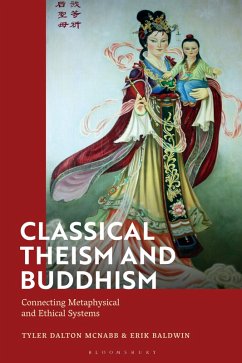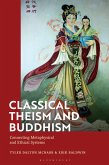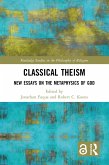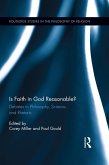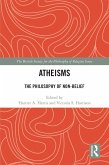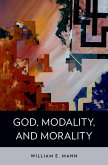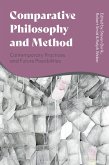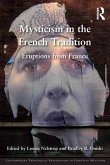As an atheistic religious tradition, Buddhism conventionally stands in opposition to Christianity, and any bridge between them is considered to be riddled with contradictory beliefs on God the creator, salvific power and the afterlife. But what if a Buddhist could also be a Classical Theist?
Showing how the various contradictions are not as fundamental as commonly thought, Tyler Dalton McNabb and Erik Baldwin challenge existing assumptions and argue that Classical Theism is, in fact, compatible with Buddhism. They draw parallels between the metaphysical doctrines of both traditions, synthesize their ethical and soteriological commitments and demonstrate that the Theist can interpret the Buddhist's religious experiences, specifically those of emptiness, as veridical, without denying any core doctrine of Classical Theism. By establishing that a synthesis of the two traditions is plausible, this book provides a bold, fresh perspective on the philosophy of religion and reinvigorates philosophical debates between Buddhism and Christianity.
Showing how the various contradictions are not as fundamental as commonly thought, Tyler Dalton McNabb and Erik Baldwin challenge existing assumptions and argue that Classical Theism is, in fact, compatible with Buddhism. They draw parallels between the metaphysical doctrines of both traditions, synthesize their ethical and soteriological commitments and demonstrate that the Theist can interpret the Buddhist's religious experiences, specifically those of emptiness, as veridical, without denying any core doctrine of Classical Theism. By establishing that a synthesis of the two traditions is plausible, this book provides a bold, fresh perspective on the philosophy of religion and reinvigorates philosophical debates between Buddhism and Christianity.

